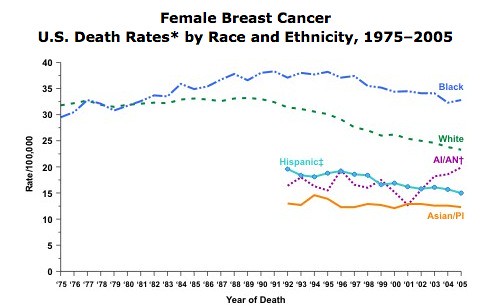Here at FWD, it is not unusual for us to get quite a few comments in mod that question, take issue with, or outright berate our fairly rigorous comments policy and iterations thereof in varying degrees. Many of these comments are some variation of “But what about my right to express my opinion?” or “But…free speech!”
Unsurprisingly, many of the comments that try to take us to task for “prohibiting” free speech are from non-regular (and, in some cases, first-time) commenters. I try to give people — on the internet and off — the benefit of the doubt. Perhaps these folks who try to direct the conversation to their supposed right to say whatever they want “because of the First Amendment” are just unaware that many social justice-focused blogs — especially those written by people who are members of various marginalized and/or traditionally underrepresented groups — have commenting policies, usually for very specific reasons. Perhaps they think that the First Amendment entitles them to say whatever they want without also getting called on it. Perhaps they think that bigoted or hateful speech is okay, since it’s “just” on the internet and therefore cannot be taken seriously or do any “real” damage. Perhaps they think that someone needs to pay Devil’s advocate when talking to (or about) disabled feminists and other people who do not represent (or are not represented by) the majority, and they are reasonable/intellectual enough to do the job!
Here’s the thing: This website is not run by U.S. government or employees of the U.S. government who are representing their place of work. This is a privately-owned website. Its contributors, commenters and readers are not all from or living in the U.S. The First Amendment applies, by and large, to the United States government’s attempts to contain and/or regulate things that people say or opinions that they want to express in myriad formats. In other words, “freedom of expression” does not automatically mean that you can bust out with some bigoted crap, and then whine or call foul when the blogger or author chooses not to publish or engage with said bigoted crap, or when someone else (perhaps another commenter) calls you on this crap. Free speech is not equivalent to some sort of magical blogular free-for-all. The “free speech!!11” defense (if you want to call it that) also has the unintentional side effect of privileging US-centric notions of being able to say certain things, apparently without consequence — something that some other countries do not appear to take so lightly (see, for example, British libel laws).
From a more anecdata-ish perspective, I have noticed that many of the people, at least on the internet, who cry “free speech!!1” in defense of their supposed right to say “un-PC” things/play Devil’s advocate/et cetera are people with various kinds of privilege (white, heterosexual, abled, cis, class–to name just a few) who simply do not seem to want to give up — or, sadly even so much as critically examine — one or more of the types of unearned privilege that they have. Put simply, they just want to shut people (who oftentimes aren’t just like them for one reason or another) up using the trump card of free speech. It seems to me that the thought process might go a little something like this: Who cares if there’s a person (or people) on the other side of that computer screen? I have the right to steamroll over their lived experiences, or tell them how wrong they are ’cause “normal” people don’t feel this way, or tell them to suck it up/grow a thicker skin, or that they’re just making things up so they can be angry about stuff, or looking for stuff to get mad about, or seeing things that “aren’t there” (because if I can’t see it, it must not be there!) or use any number of derailing tactics that are not pertinent to the actual discussion at hand, or direct the discussion to my experiences and feelings as a privileged/non-marginalized person and thus re-center my own (and the majority’s) importance in a discussion that is not even about me, because it’s within my FREE SPEECH!!1 rights to do all of this and more!
Boy, that must be really fun, getting to justify making things all about you and your “rights” all of the time in spaces that are run by people who are — gasp! — different than you, and who may not have much of a safe ‘net space anyway, since the entire web is full of people who probably share at least some of your oh-so-contrarian outlook on things (not to mention some of your privilege[s]).
The free-speechers also tend to miss one important thing: If they want to spew uninformed, privilege-encrusted opinions using this excuse, and their comment gets published publicly, it is perfectly within reason for bloggers, writers and other commenters to use their free speech “rights” to respond right back.

